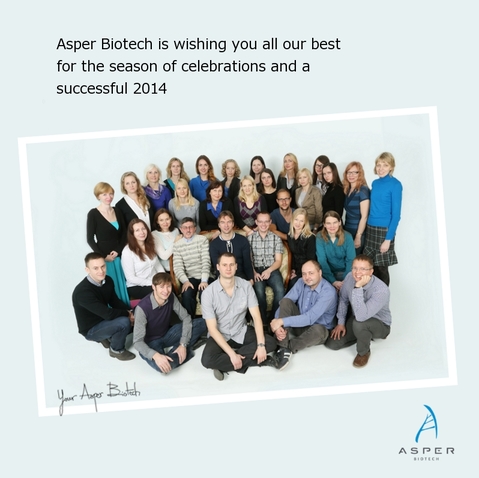As we highly appreciate our customers’ feedback on our services, we have added two new tests to the testing menu based on the results of the resent customer survey. The Charcot-Marie-Tooth Disease test uses massively parallel sequencing to analyze as many as 30 disease-associated genes. This approach allows distinguishing various forms of the disease and therefore preventing serial single gene testing. Deletion/duplication analysis of the PMP22 gene in the 17p11.2-12 region is also available. The duplications in this region could account for approximately 75 % of cases.
For Menkes disease testing we use Sanger sequencing to detect disease-causing mutations in the ATP7A gene.


